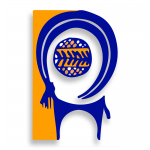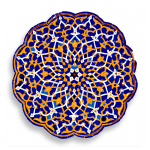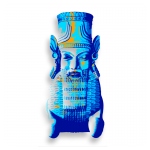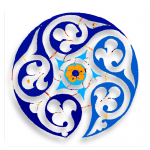Here are some tips before coming in Iran
Climate
With 1,648,195 square kilometers, Iran enjoys a wide variety of climates. While the most favorable tourist seasons remain Spring (March to May) and Autumn (September to November), you can visit north-western Iran during the summer when the temperatures can be very pleasant, while the south has more moderate temperatures in the winter.
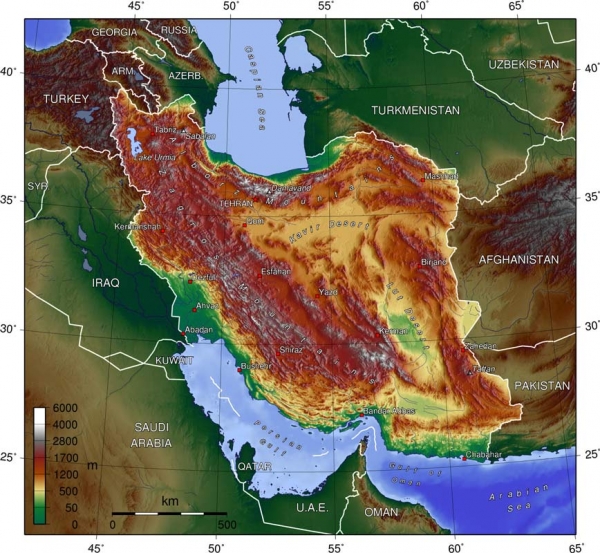
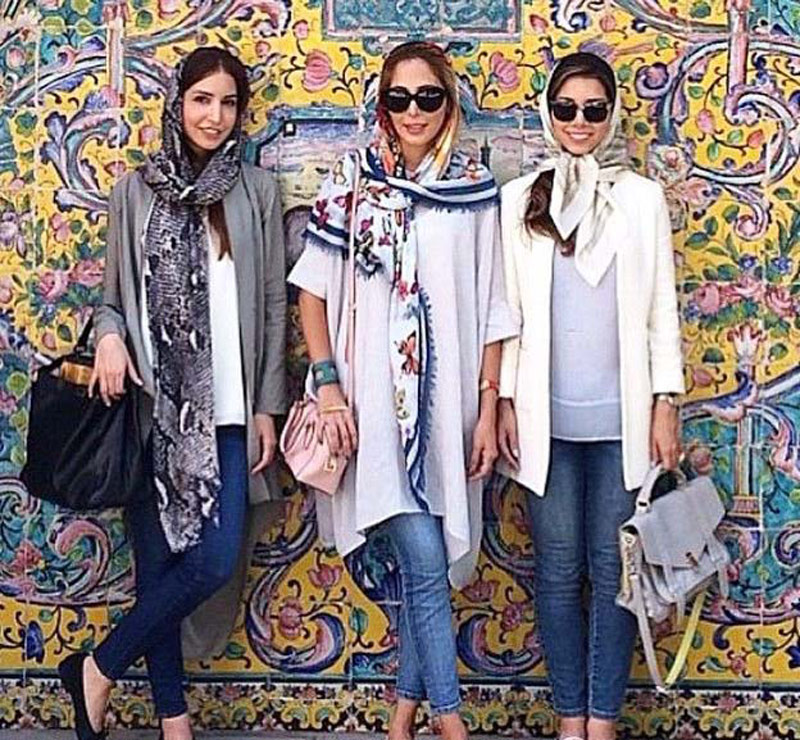
Dress code
For women, wearing the head scarf is mandatory. They are asked not to show their legs while the sleeves can be raised on the arms. It is also recommended to wear a tunic or long shirt covering the buttocks. Foreign women are generally treated with greater tolerance, although in all cases the scarf remains mandatory: the ideal is a light cotton scarf, especially during warm seasons. Skirts and dresses, as long as they are long enough, are perfectly tolerated, as are sandals. These rules apply as soon as you leave your room. There are no restrictions on the colours of clothing or on make-up.
Men should not wear shorts / bermudas or sleeveless t-shirts. Short sleeves can be worn without a problem.

Health precautions
Generally, Iran does not pose any particular health problems and no vaccinations are required. As a precautionary measure, it is recommended that you update your vaccination against tetanus, poliomyelitis, typhoid, hepatitis B and diphtheria before travelling. The standards of hygiene are high and most travellers will not experience any problems in the summer, apart perhaps from fatigue due to the heat.
However, it is better to bring with you medications to treat stomach discomfort, a few dressings, a disinfectant, aspirin, good sunscreen, and any special medications you may need. Tap water is drinkable almost everywhere in the country. However, it is recommended to drink bottled mineral water.
If you take specific medications, be careful to put the necessary medication in your hand luggage for the duration of your trip to avoid any problem in case of loss or late delivery of your luggage.
Money
The Iranian currency is the rial. With the devaluation of the rial, it is quite difficult to state the euro / rial exchange rate, but we can estimate that one euro equals around 80,000 rials. Because of the economic sanctions imposed on Iran, you cannot use your credit cards (except in some carpet and miniatures galleries of Isfahan) in Iran. It is therefore recommended that you leave home with sufficient cash that you can change gradually during your trip. You can also pay directly for some handcraft products in euros.
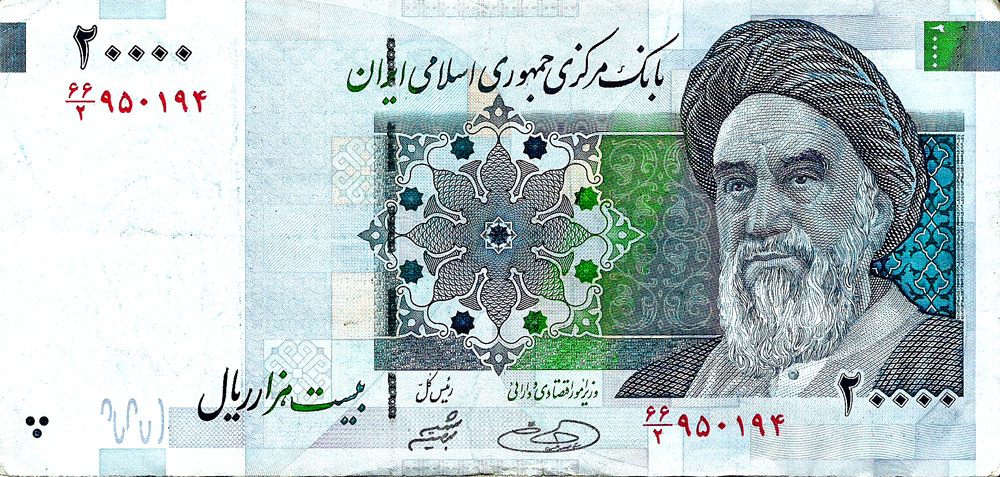
Customs
On arrival in Iran, you are prohibited from bringing in alcohol or any pornographic material. Customs formalities on arrival are, however, reduced to a minimum. When leaving the country, you should know that artefacts older than 100 years can be considered as antiquities which it is forbidden to export. Concerning carpets, the size limit to exit the country is 12 sq.m per person.
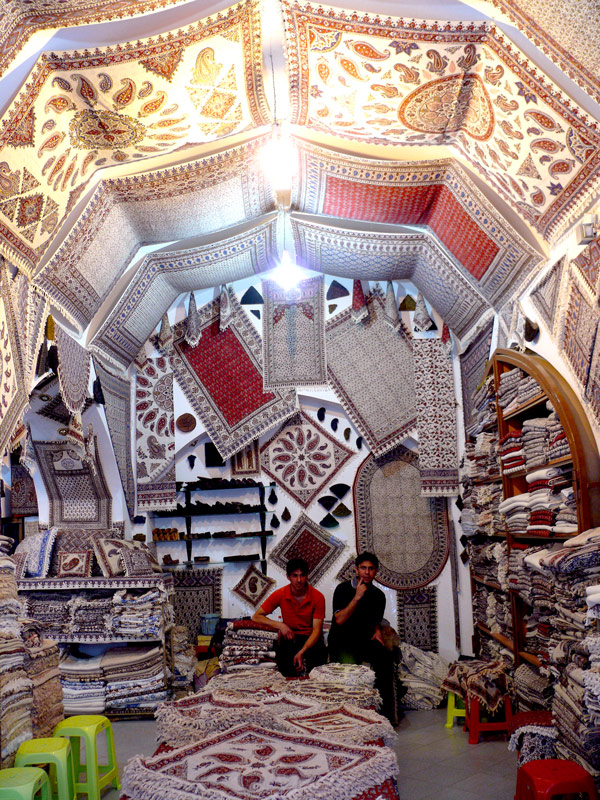
Electricity and internet
The electric current is 220 V and the plugs are of European type with two round pins. In hotels and cybercafés, internet and Wifi are generally available.
Phone
To call Iran, dial 0098 + the number of your correspondent without the first 0. We advise you to bring your mobile phone, which can always be useful on the spot. All of our full package programmes include a chargeable Iranian SIM card that can be used for phone calls and internet during the trip. However, upon request we can provide you with a SIM card upon arrival.
The Iranian week
In Iran, Thursdays and Fridays are holidays (weekend) while Saturday is the first day of the week. For this reason, you will find the doors closed in shops, banks and offices as soon as Thursday noon. The Ramadan period, during which restaurants are closed during the day, can also have an impact on the trip.

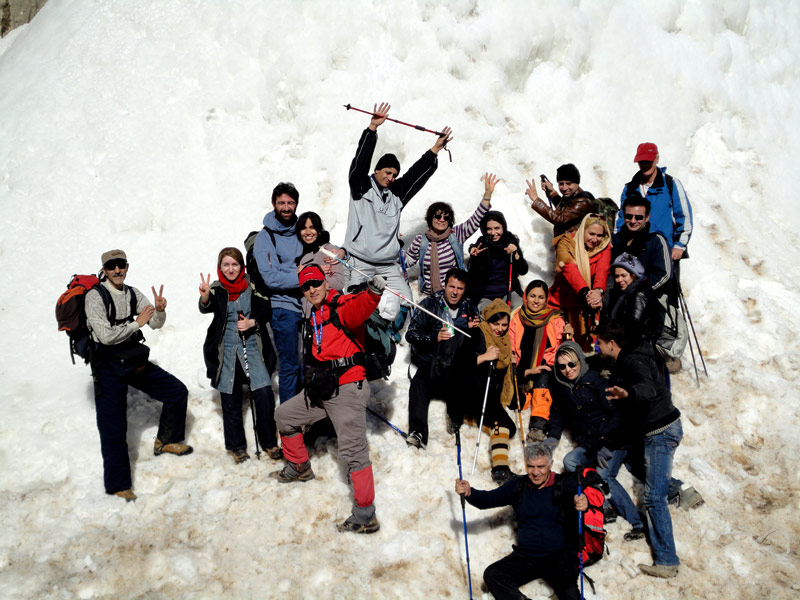
The Iranian week
In Iran, Thursdays and Fridays are holidays (weekend) while Saturday is the first day of the week. For this reason, you will find the doors closed in shops, banks and offices as soon as Thursday noon. The Ramadan period, during which restaurants are closed during the day, can also have an impact on the trip.
Domestic flights
Since domestic flight schedules in Iran are sometimes subject to change, travel programmes with such flights may be subject to revision (changes in the stages and length of visits) to adapt to these circumstances.


